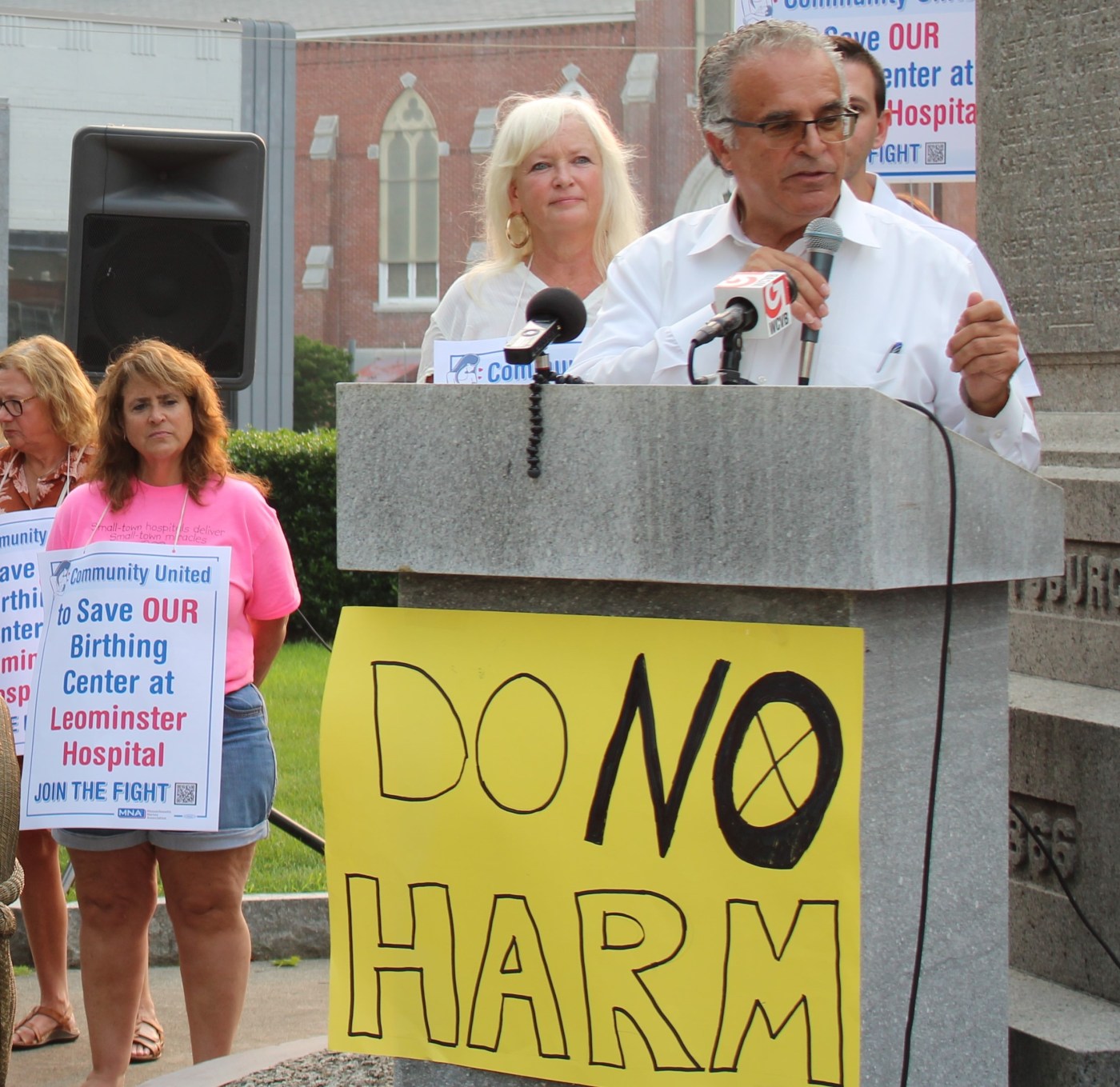A new initiative by the Philadelphia Department of Public Health aims to equip residents with essential tools for discussing the effects of stimulant use on heart health with their healthcare providers. The campaign, launched by the Division of Substance Use Prevention and Harm Reduction (SUPHR), seeks to promote educational messaging and facilitate conversations about the risks associated with stimulant use.
The initiative has been developed over several years, according to Dr. Daniel Teixeira da Silva, the director of SUPHR. The program includes a set of guiding talking points for patients and healthcare providers to foster meaningful discussions about heart health and drug use. “We want patients to consider how to start talking about heart health and drug use with their doctors,” Dr. da Silva explained.
The campaign’s website serves as a resource hub, offering conversation starters and information about local primary care clinics. These clinics will be accessible to individuals who may not have a primary care provider. Special attention is given to areas in Philadelphia that have been significantly affected by stimulant overdoses, ensuring that those in need can find appropriate care.
In a concerning trend, the department’s recent study revealed that while overdose deaths among white individuals decreased by 19% between 2019 and 2023, fatalities among the city’s Black population surged by 61% during the same period. Approximately 80% of these reported deaths involved stimulant use, highlighting a critical public health issue.
The statistics indicate that while overall overdose deaths began to decline in 2023 compared to the previous year, the decrease among Black residents was only 6%, significantly lower than the decline seen in white residents. The most stimulant-related overdose incidents were concentrated in the North, West, and Southwest regions of Philadelphia. Notably, the average age of Black men who died from stimulant overdoses in 2023 was 52, older than the average age for opioid overdose deaths.
Stimulants, commonly referred to as “uppers,” include a range of substances, from caffeine to prescription medications like Adderall, as well as illegal drugs like cocaine and crystal methamphetamine. These substances can accelerate the central nervous system’s functions, impacting heart rate and blood pressure over time, which can ultimately lead to addiction and serious heart conditions.
The Philadelphia Department of Public Health encourages residents to visit the campaign’s website for additional resources and information on the potential dangers of stimulant use. By fostering open communication between patients and healthcare providers, the initiative aims to reduce the risks associated with stimulant use and improve overall heart health in the community.







